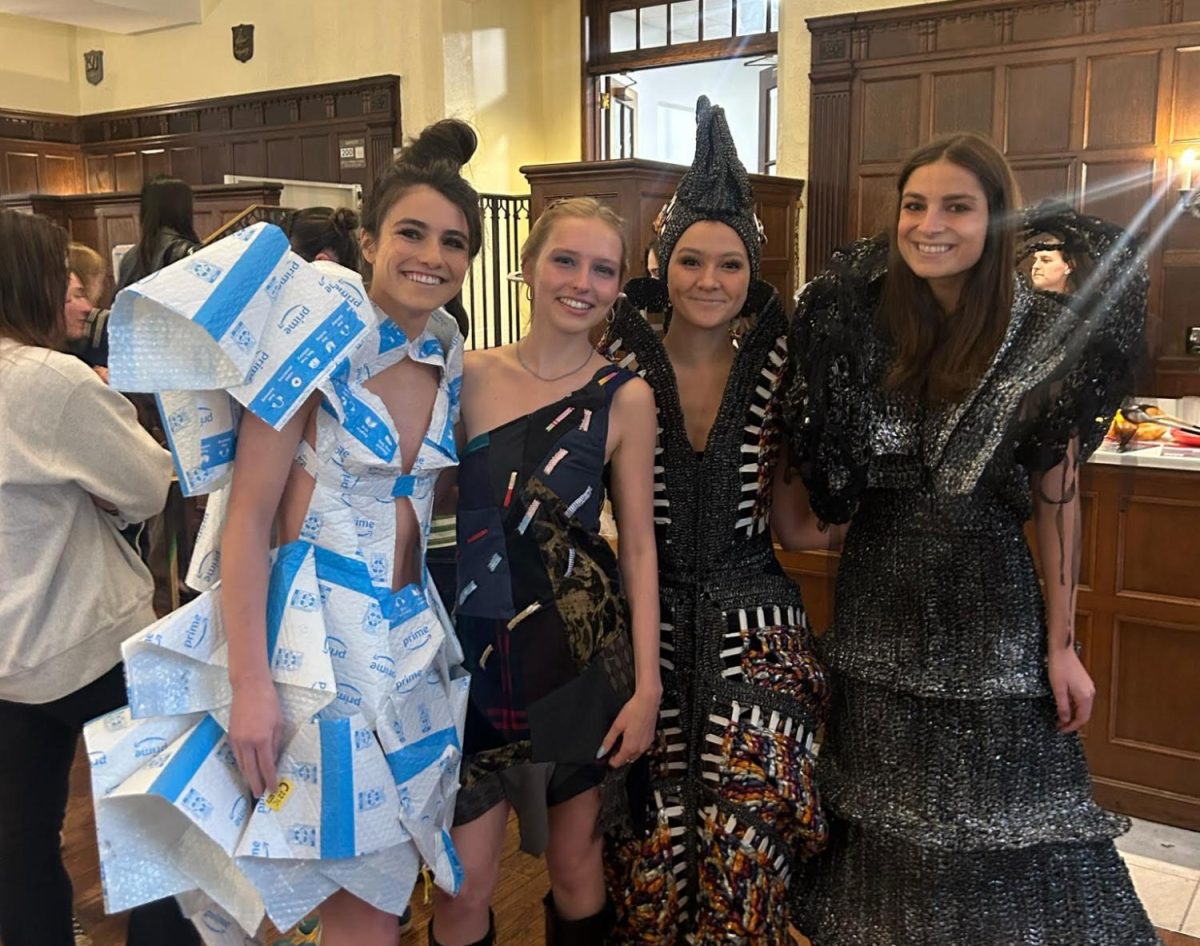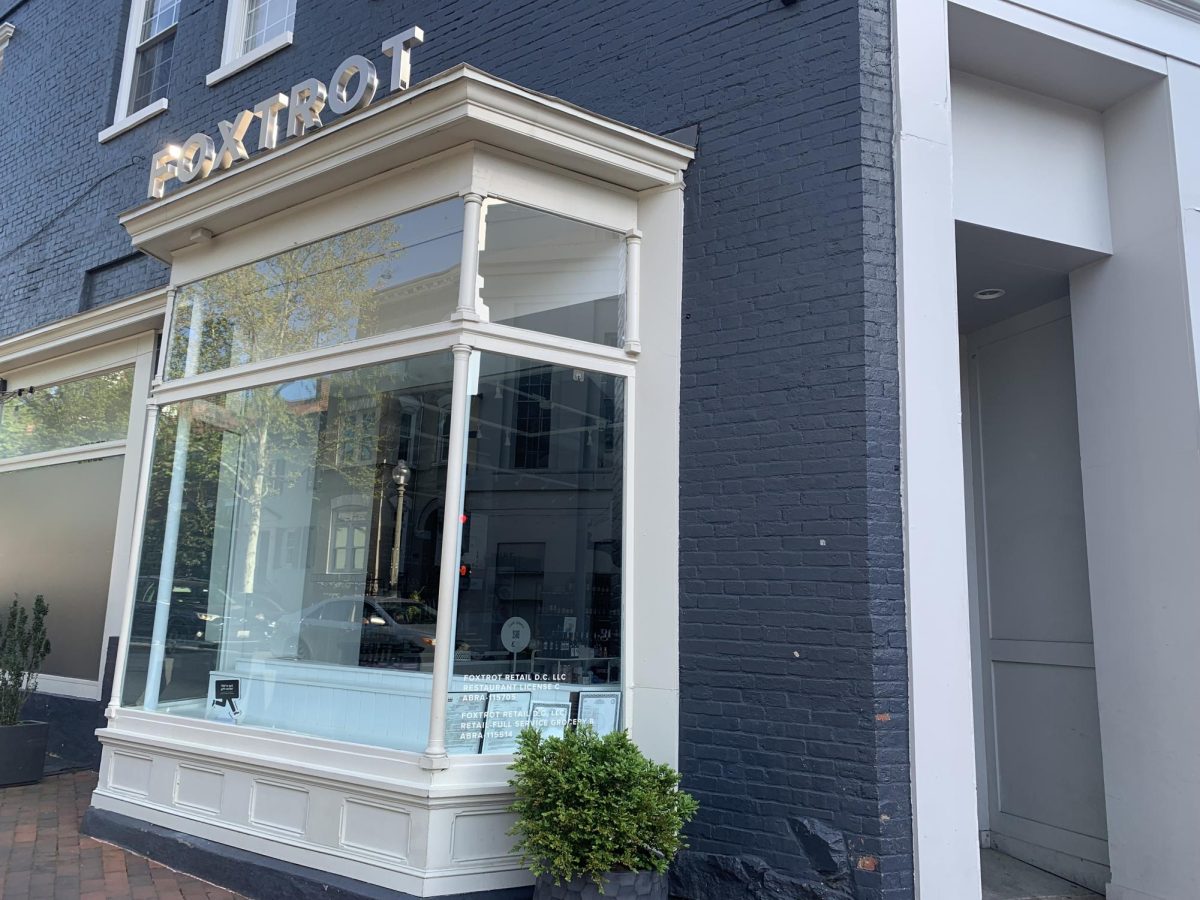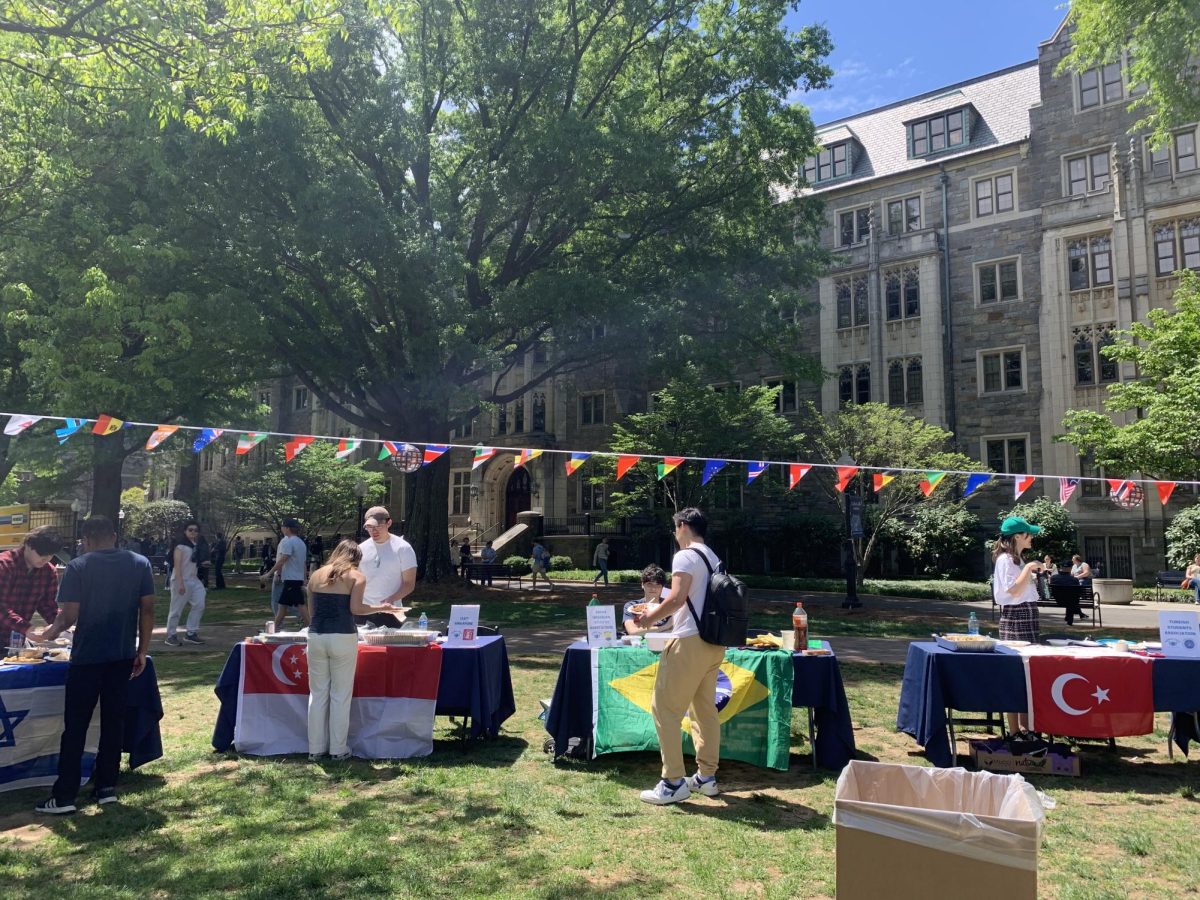
The new Office of Neighborhood Life will provide resources to students living off campus separate from disciplinary concerns.
An administrative shift this summer eliminated the Office of Off-Campus Life in favor of a new Office of Neighborhood Life, separating off-campus resources from disciplinary action.
The new office will assist students with off-campus life, while disciplinary sanctions off campus will be handled by the Office of Student Conduct.
The separation will refocus the mission of the Office of Neighborhood Life on helping students, Interim Director Cory Peterson, who has worked for Residential Life for the past seven years, said.
“Our mission is really to be a resource for students,” Peterson said. “[The separation allows] our office to be set up as a resource for students about anything, whether from ‘[the Metropolitan Police Department] knocked on my door last night’ or ‘I have an issue with my landlord.’”
The Office of Neighborhood Life will partner with the D.C. Department of Consumer and Regulatory Affairs, the D.C. Office of the Tenant Advocate and the Georgetown Student Tenant Association, an offshoot of the Georgetown University Student Association launched this summer.
“We really believe students should be living in safe houses,” Peterson said. “Too long have students been paying thousands and thousands of dollars a month to put up with a hole in the ceiling or the wall … or a landlord who’s absentee or just unhelpful. … Our students are people too.”
Peterson — who spoke to freshmen and sophomores about off-campus life at floor meetings this week — said he aims to uphold transparency in communicating the reality of off-campus life to students, despite university efforts to move students back on campus as required in the 2010 Campus Plan agreement.
“There’s no smoke and mirrors …We want to make sure you have all the information to make the right decisions,” Peterson said. “The students are at the table as well.”
Peterson said his experience in Residence Life helps him communicate clearly with off-campus students.
“I feel like I’m a better advocate for students, talking about how we want to free up social space on campus, such as getting rid of the keg limit [and] party registration,” Peterson said. “I lived in that era a few years ago where it was difficult to socialize on campus. It’s important to have that kind of voice at the table who understands both sides … to see what it used to be like and what it could be.”
Some students found the new distinction between off-campus resources and disciplinary action helpful.
“I think Cory has been super helpful and responsive as to what students are looking for and I’m happy that the judiciary side has been moved,” Adaire Carey (COL ’14), who lived off campus last year and this year, said. “Now that I know the punishment side is being handled by another office, I’m more likely to see Cory as an ally.”
Andrew Greenough (SFS ’14), who lived off campus last year, said he was more likely to rely on the new office.
“By and large, I would be more likely to use it just because it’s easy to put more trust into their intentions,” Greenough said.
Other students, however, said the separation was not enough to distinguish the two functions.
“I know that they’re not able to write you up, but a lot of them have old members of the staff team … I personally have an issue distinguishing that they have separate jobs,” Katie Lawlor (COL ’14), who was written up by a current Office of Neighborhood Life staff member when she lived on campus, said.
In his new position, Peterson hopes to improve the sentiment surrounding the Office of Neighborhood Life and to increase the engagement between students and neighbors, potentially by sponsoring community dinners.
“[We want] students and nonstudents to engage not in community-relation conversations, but just conversations,” Peterson said. “It might be about Syria, it might be about the legalization of marijuana … whatever they want to talk about. It’s about building relations and building the community further.”




















